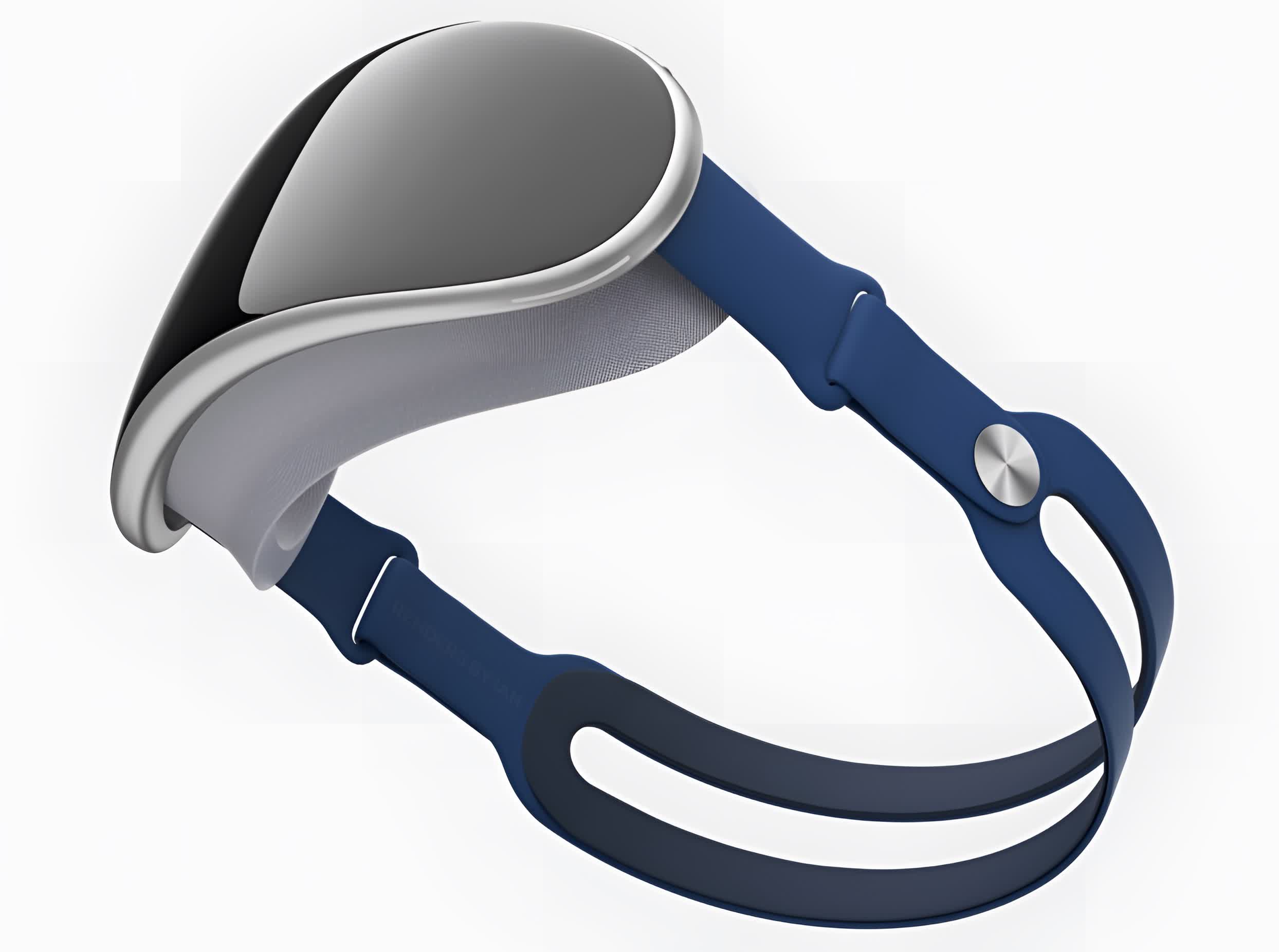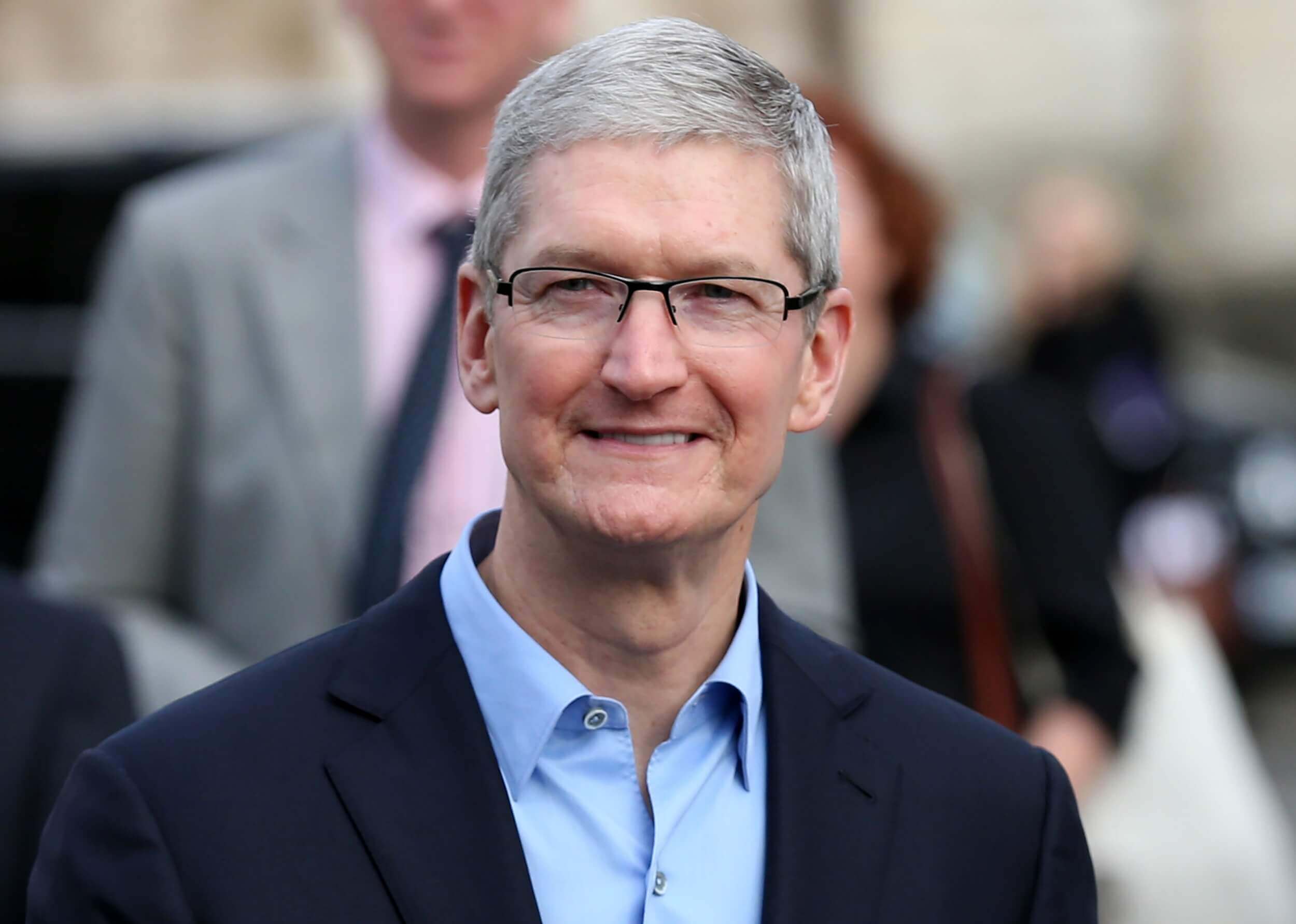Forward-looking: Apple's entry into the virtual and augmented reality space has suffered several delays over the last few years. The company hasn't openly confirmed the product's existence, but that hasn't stopped its CEO, Tim Cook, from offering his personal opinions on the technology.
In an extensive interview with GQ, Apple CEO Tim Cook briefly explains why he thinks VR and AR technology are worthwhile, even as they currently face uncertain times. Cook didn't confirm Apple's work on its rumored headset but described the company's theoretical approach to the technology.
The Chief Exec expressed more interest in AR than VR, which fits rumors that Apple's headset will focus more on mixed reality. His comments resist the notion that headsets isolate people, highlighting their potential for communication.
Cook suggested scenarios where FaceTime could use AR to let collaborators share visualizations and be able to see more information. Cook praised early AR concepts like measuring objects by looking at them or viewing virtual artwork on physical surfaces. His comments also fit with an early internal Apple AR demonstration showing a Taxi driver sharing an AR view with his wife while on a call.

Furthermore, he acknowledged his earlier prediction that Google Glass would fail while admitting to changing his views on AR. He recalled advice from the late Steve Jobs not to be afraid to do a 180 on opinions when presented with ample evidence.
We might see Apple's headset sometime in 2023, but it's unclear precisely when. Rumors throughout last month suggested Cook was ready to unveil it at WWDC in June, but reports indicate suspicion within Apple that the company may be rushing its launch. Reliable leaker Ming-Chi Kuo recently said Apple delayed the headset's assembly to mid or late Q3 2023.
Some report that the company's mixed reality headset will cost $3,000. That price would likely place it almost exclusively in the enterprise market, which could fit Cook's focus on AR's potential for professional collaboration.
Regardless of price, today's market might not be the best environment for virtual or mixed-reality headsets. Researchers project Sony's PlayStation VR 2 will miss its initial sales projection by a wide margin.
Critics say the technology works, but the $550 (on top of a $500 PlayStation 5 in this case) Sony is asking for is too much during economically uncertain times. Given that, $3,000 may be another bridge (or several) too far. Additionally, rumors indicate Meta will unveil a successor to its $400 standalone Meta Quest 2 this year.
